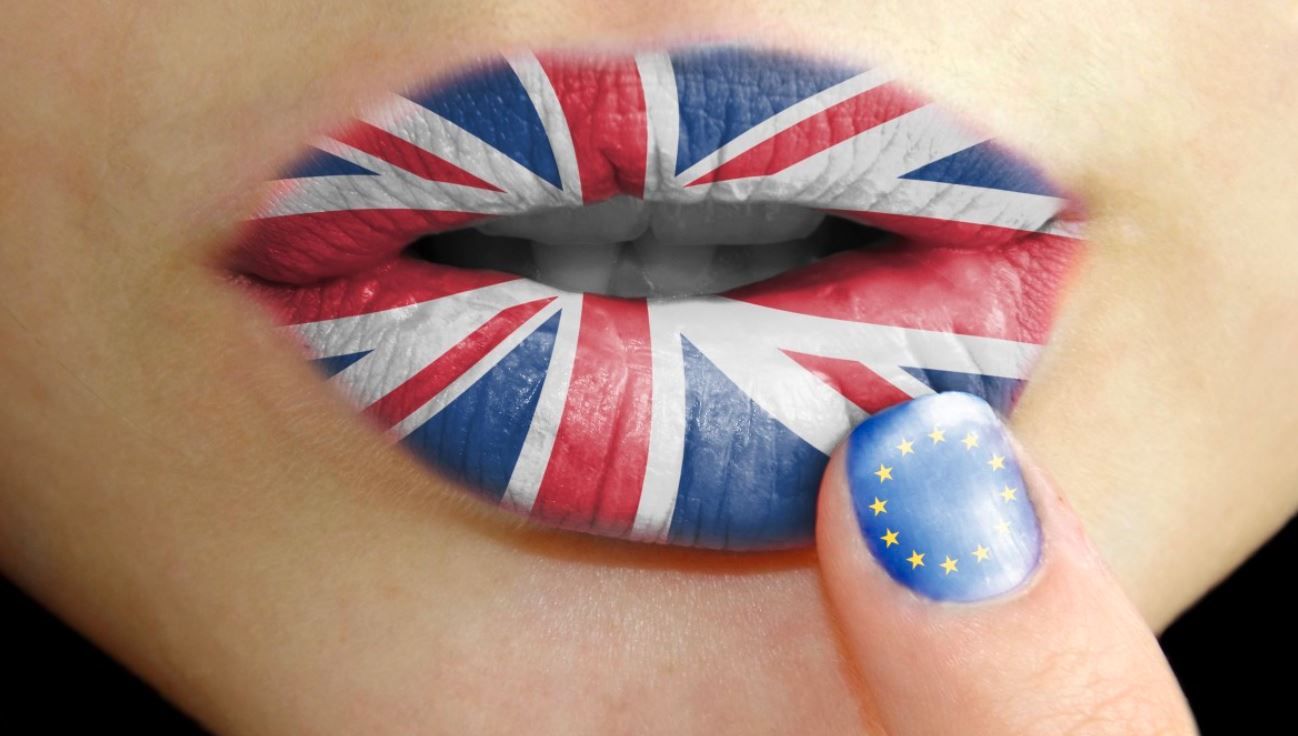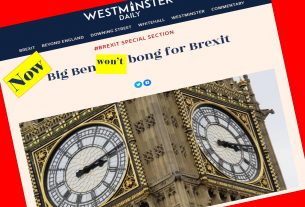Britain’s top polling expert Sir John Curtice has told the Labour party it is a “myth” to believe voters are not interested in a future referendum to rejoin the EU and reverse Brexit.
Renowned psephologist Curtice said three-quarters of Labour supporters backed Remain in the 2016 referendum and they are the driving force behind the party’s huge lead in the polls.
Professor Curtice even suggested that a return to free movement is politically plausible despite the escalating rows over immigration and the UK’s record net migration figures.
He told the i’s podcast series ‘Labour’s Plan for Power’ the party needs to understand “that if indeed it is elected into office by a predominantly pro-EU electorate, it’s then got to think about how it’s going to best keep that electorate when it’s going to face a very difficult fiscal situation, probably it’s still a difficult economic situation, and when therefore hanging onto its support could prove to be quite difficult.
“The question of what to do about Brexit might, if indeed the economic situation looks difficult, the fiscal situation looks difficult, and Labour are behind in the polls, might then look a rather more pressing one than it does at the moment with the party with a seemingly comfortable 20-point lead.
“I think Labour does need to understand that it will be facing perhaps a much more pro-EU electorate than it might have, than it perhaps had originally anticipated.”
Curtice said people still identify far more strongly with being Leavers or Remainers compared to being Tory or Labour and called claims that voters oppose another referendum on EU membership as “one of the great myths of our time”.
He continued: “If you actually look at the evidence, it’s not that there’s an overwhelming demand for a referendum, but basically the polling does suggest that a majority of those people who want to be inside the European Union are in favour of having a referendum within the next five years.
“One of the myths was, oh, Remain voters have given up and they accept it. Well, that was the myth about two years ago and we’ve discovered that was a myth.”
Unsurprisingly, the psephologist’s claims are backed up by the latest data released by YouGov which shows seven in ten Britons support the UK developing a closer relationship with the European Union (EU) and almost six-in-ten (57%) support rejoining the single market. Furthermore, only around one-in-five (22%) Britions are opposed to it, even if it means a return to free movement.
The polling company found “52% of Britons now believe that the UK leaving the EU was the wrong decision % of
The latest YouGov poll on voting intentions sees Labour extending its lead over the Tories and will make depressing reading for Rishi Sunak coming so soon after the “tax cutting” Autumn Statement. Support for the Conservatives has fallen three points in a week to 22% suggesting voters have not yet been bought by the promise of tax cuts.
The YouGov poll sees Labour’s support rise by one point to 45%. Reform UK (the former Brexit party/former UKIP) are also up one point to 10% while the Greens stay on 7% and the SNP remain on 4%.
While Sunak will be comforted that the number of voters believing he is the best candidate to be PM has not sunk any lower, his party will be concerned it has not improved since November 7-8 despite another reset, cabinet reshuffle and the tax cutting measures announced by Jeremy Hunt. Sunak is still on 21% while Sir Keir Starmer will be more pleased that his support is up two points to 34% of voters believing he will make the best PM.
It means a massive 41% of voters are “not sure” and that will provide succour and a glint of hope to Tories clinging on to the belief that not all is not quite yet lost.
However, apart from those diehard Tories, everyone else is predicting Labour will sweep to power in the next general election, including Curtice.
He recently predicted a landslide victory for Labour with the Conservatives facing “the serious prospect of losing the next general election heavily and even more heavily than in 1997”.




